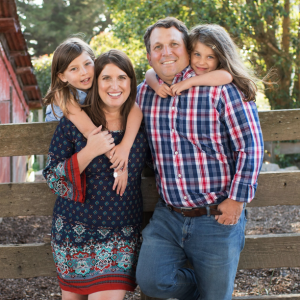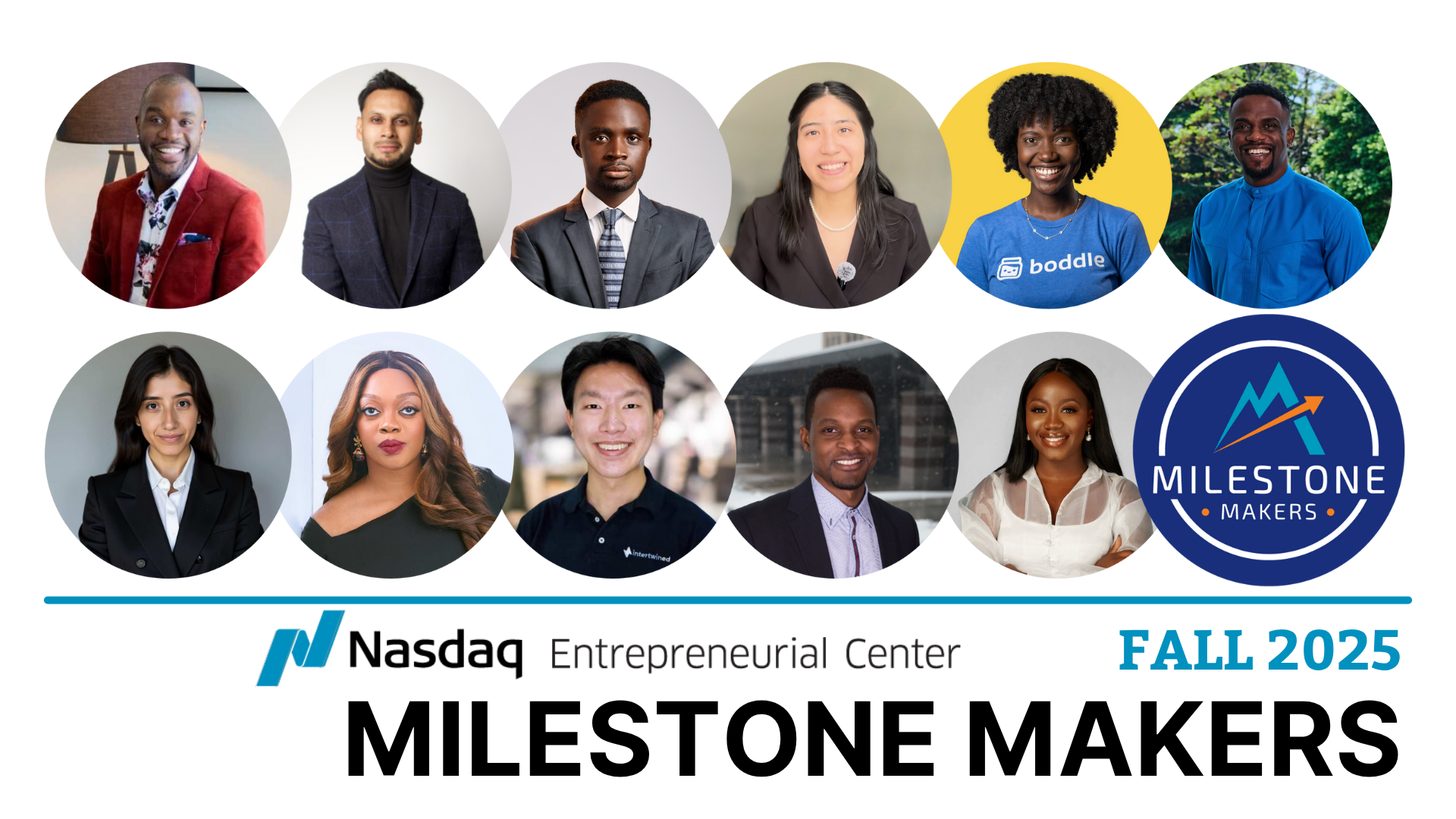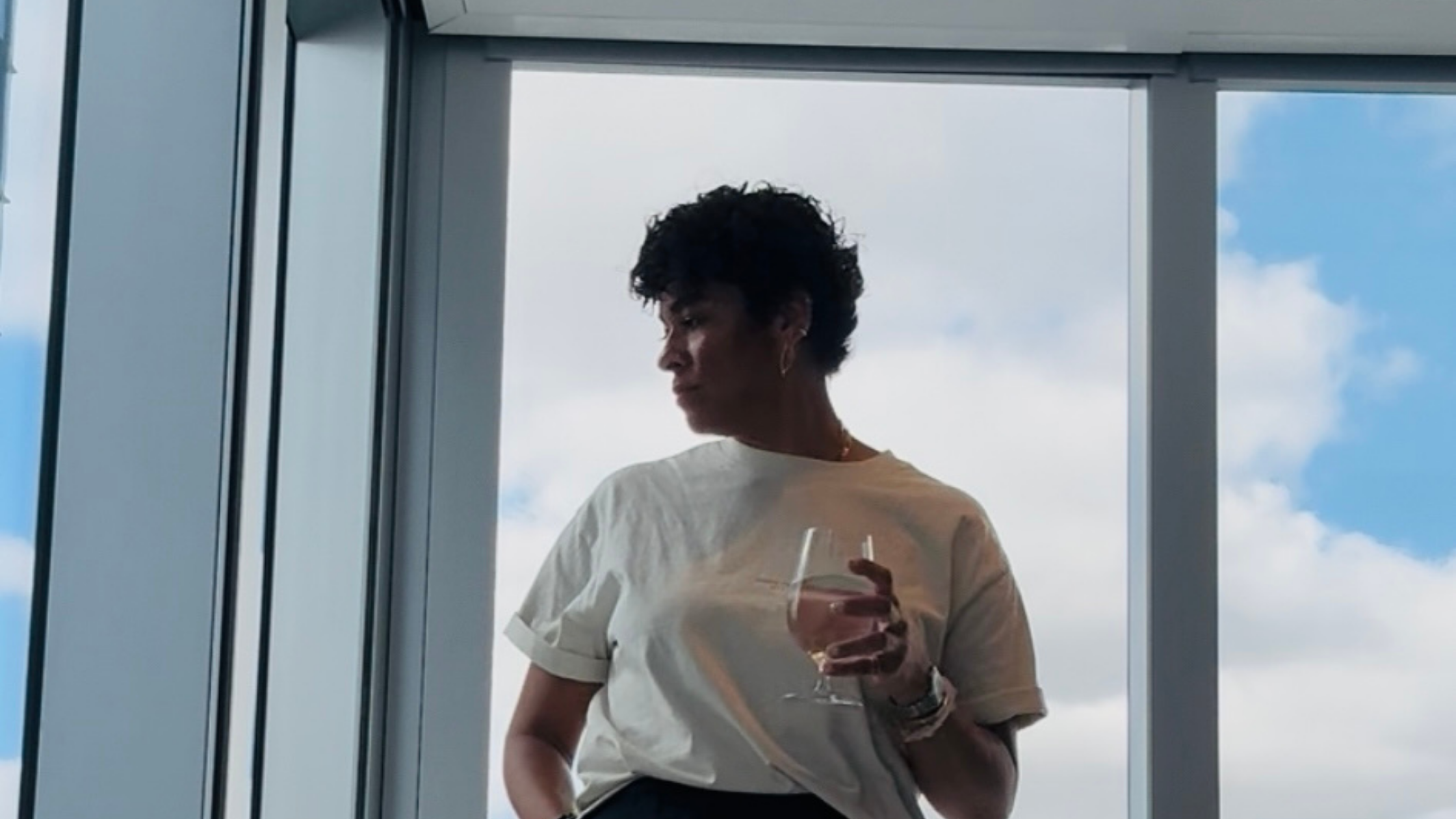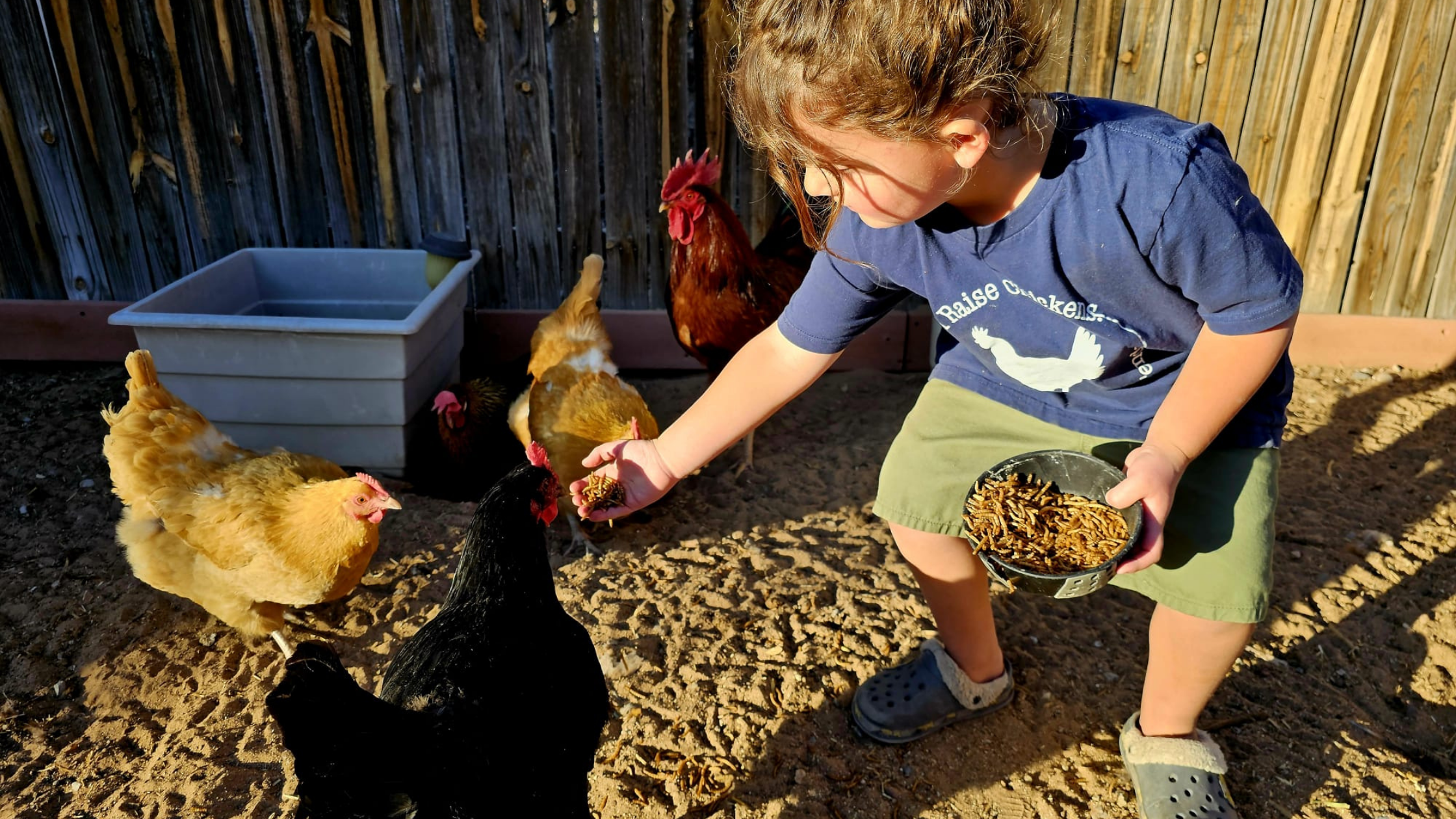Loren Poncia of Stemple Creek Ranch is a 4th generation Marin County organic rancher who has redefined small-scale family ranching. Loren started Stemple Creek Ranch with the dream of raising quality, grass-finished beef and lamb to work with, not against, mother nature. His ranch had the first carbon farm plan in the U.S. and Loren is proud to be part of the Marin Carbon Project.
A graduate of Cal Poly, San Luis Obispo, with a major in Dairy Science and Ag Business, Loren always dreamed of coming back to the ranch to pursue his passion in agriculture. He oversees the entire ranching operation, and spends countless hours carefully studying genetics with the goal of raising grass-fed and finished beef that is tender, well-marbled, and tastes just as good as, if not better than, grain finished meat. Stemple Creek Ranch sells its products to grocery stores, butcher shops, restaurants, and directly to consumers.
What does “entrepreneurship” mean to you?
LP: Entrepreneurship is solving a problem. It is finding a niche. It is a means to follow my dreams and be able to live out my passion every day of my life
How did your company come to be?
LP:I am a 4th generation rancher in Marin County, CA. After college I realized that there was not enough economic opportunity for me on the ranch to come back and work in the business. Several years later my wife Lisa and I decided to move back to Marin and take a risk. We rented pasture from my parents, took over management of the family ranch, and started our own business. We knew it had to be a completely different business model in order for us to really make it work for our family. The a-ha moment was that we could create our own niche product that would be better for the land, better for the animals, and better for the people eating the meat. It would allow us to create a brand name and be price makers and not price takers. We got our pasture certified organic, moved to the grass-fed grass-finished model, and started selling direct to consumers. We eventually were able to purchase the ranch next door to my family’s ranch and have been growing the business ever since.
How has your business changed in response to the COVID-19 pandemic?
LP: We lost about 95% of our restaurant business overnight. We are not able to do events at our ranch, which was a significant enterprise. All of our processing and logistics became a lot more complicated. We shifted our focus to moving more product direct to consumers on our webstore and at local farmer’s markets. We are shipping boxes of meat all across the country. While it has been very stressful and a ton of work, we are so thankful to be able to continue to produce a high-quality product and keep the product moving and in the hands of hungry people.
What is your proudest and darkest moment so far? Share a key high and a key low from your journey if you can.
LP: There have been so many proud and so many dark moments! One of the highlights was the first year we were able to sell all of our products direct to consumers, instead of in the conventional market. I believe that was in 2009. One of the darkest moments was the first day the shelter in place was announced – March 16, 2020. There was a lot of unknown and a lot of fear, but we have (so far!) been able to work through it.
How is your company changing the landscape?
LP: We are making small family agriculture a successful venture. We are making high quality, local meat accessible in a way that is truly better for the environment, better for the animals, better for the consumers who are eating our products, and better for our family. A lot of people have told us along the way that we couldn’t do business this way and actually make a living, and we are doing it.
What do you wish you knew when you started? Is there anything you would do differently?
LP: We have made so many mistakes along the way. There was no manual to read. There were very few people out there doing what we wanted to do in the way we wanted to do it. But we have figured it out one small step at a time. Of course it could have been easier, but I don’t think I would appreciate it as much as I do if it wasn’t as hard as it was.
What advice/credo do you live by as you grow the business / what is your professional and personal mission statement?
LP: I am constantly asking myself and our team “how can we think 10x bigger” and “don’t tell me how we can’t do something, tell me how we can do it.”
Where do you find inspiration when faced with challenges?
LP:I am inspired by the desire to have a business that the 5th generation of my family wants to particulate in. I am inspired by the increased carbon I see in our soil. I am inspired by the people who say “thank you” for the work that we do.
What does “success” look like for you? What do you think will help you achieve it?
LP: Success to me is having a business and doing the kind of cutting edge, exciting work that carries our business into the 5th generation. Having consumers care of where their food comes from and voting with the dollars will help make this dream a reality.
Has personal or professional “success” changed for you since the COVID-19 pandemic?
LP: No, it really hasn’t changed. We are still doing the same work we were doing before, it is just a bit more complicated right now.
What’s it like to work alone or with your partners? What advice do you have for fellow entrepreneurs about building and leading teams?
RS: My partner is my wife, Lisa. We work closely together and have built a fabulous team. We just had our 19th wedding anniversary and we are still going strong! It is certainly not easy to be married to your business partner, but there is nothing more exciting and gratifying than sharing this passion with each other. We have strived to surround ourselves with strong, competent staff and advisors and we are always trying to challenge ourselves in new ways.
What kind of an entrepreneur do you want to be known as, as in, what do you want your legacy to be?
LP: I want to be known as the person who was able to carry small family agriculture into the 5th generation of his family in a manner that was better for the land, better for the animals, better for the people eating the product, and better for my family.
Do you have someone you’d like to nominate to be profiled in our Faces of Entrepreneurship series? Please let us know by emailing media@thecenter.nasdaq.org.





